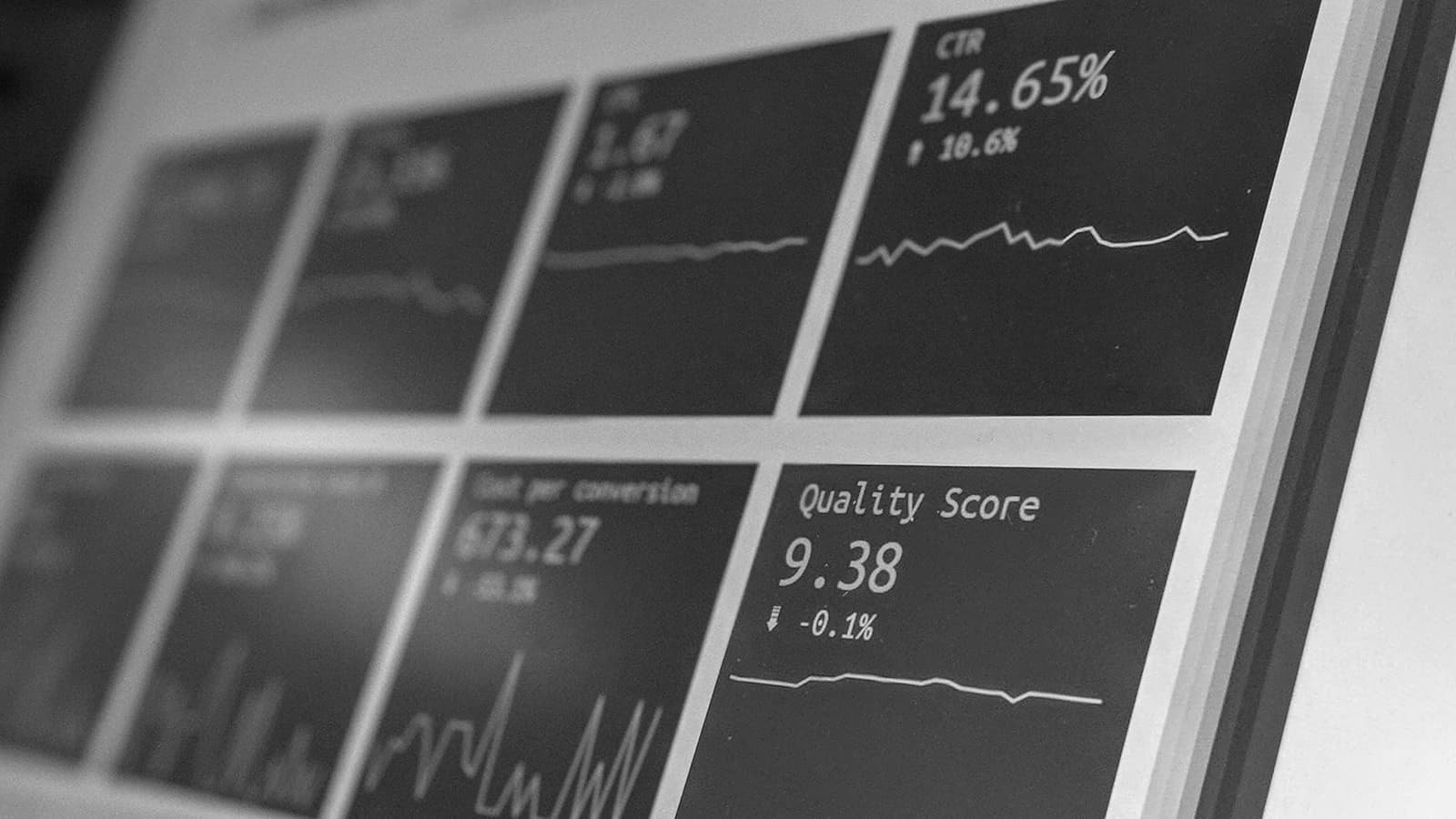
Testi i sigurisë së faqes në internet.
Skanimi i dobësive të faqes në internet dhe aplikacionit – Testimi i depërtimit në ueb – Kontroll falas i sigurisë së faqes në internet
Testimi i sigurisë së faqes në internet
Identifikoni automatikisht dobësitë e sigurisë në aplikacionet tuaja të internetit dhe infrastrukturën themelore. Gjeni të metat pas një faqe identifikimi për të arritur mbulim të plotë..
METRIKA
Ne zhytemi thellë në faqen tuaj të internetit dhe ndërtojmë analitikë dhe vendosim një proces që do të sigurojë audiencën tuaj në internet dhe do të rrisë të ardhurat tuaja.
Menaxhimi i rrezikut të shitësit
Vlerësoni sigurinë e zgjidhjeve që ju ndërtojnë shitësit dhe partnerët tuaj në internet
uebfaqe të hakuara dhe shkelje të të dhënave
Ne ndihmojmë bizneset e vogla të ndërtojnë një prani të sigurt dixhitale duke u fokusuar në tre elementë kryesorë të një platforme të suksesshme të sigurt në internet.

Ne marrim rezultate.
Rekordi ynë i dëshmuar do të sigurojë biznesin tuaj.






Siguroni pasurinë tuaj në internet me Konsulencën e Testimit të Sigurisë së Uebsajtit
.
Testimi i sigurisë së faqes në internet: Një hap vendimtar në mbrojtjen moderne kibernetike
Në peizazhin dixhital të sotëm, Testimi i sigurisë së faqes në internet është thelbësor për organizatat që synojnë të mbrojnë të dhënat e ndjeshme dhe të ruajnë besimin e përdoruesit. Ky proces proaktiv identifikon dobësitë në aplikacionet në internet përpara se aktorët keqdashës t'i shfrytëzojnë ato. Testimi i sigurisë së faqes në internet zakonisht përfshin skanimin e cenueshmërisë, testimi i penetrimit, rishikimet e kodit, dhe vlerësimet e konfigurimit për të siguruar që sistemet e internetit mund të përballojnë kërcënimet kibernetike.
Qeveritë dhe industritë në mbarë botën e njohin rëndësinë e kornizave të standardizuara të sigurisë kibernetike. Në MB, the Thelbësore në internet skema ofron një bazë për higjienë të mirë të sigurisë kibernetike. Ai i ndihmon organizatat të ruhen nga kërcënimet e zakonshme si phishing, keqdashje, dhe sulmet me fjalëkalim. Arritja e certifikimit Cyber Essentials demonstron një përkushtim për ruajtjen e të dhënave dhe sistemeve - një faktor kritik për furnizuesit e qeverisë së Mbretërisë së Bashkuar.
Në Shtetet e Bashkuara, the Shenjë besimi kibernetik është një nismë e re e zhvilluar nga Komisioni Federal i Komunikimeve (Fcc) për të përmirësuar transparencën e sigurisë kibernetike në Internetin e Gjërave të konsumatorit (IoT) pajisje. Ndërsa jo specifike për faqet e internetit, kjo shenjë pasqyron tendencën më të gjerë të llogaridhënies publike në sigurinë dixhitale dhe shërben si një model për standardet transparente të sigurisë kibernetike.
Për organizatat që punojnë me SHBA. Departamenti i Mbrojtjes, Cmmc 2.0 (Certifikimi i modelit të pjekurisë së sigurisë në internet) është standardi mbizotërues. Ai vlerëson kontraktorët’ aftësia për të mbrojtur Informacioni i kontratës federale (Fci) dhe Informacion i kontrolluar i paklasifikuar (Cila) përmes një sistemi të niveleve të praktikave të sigurisë kibernetike. Cmmc 2.0 përputhet më ngushtë me NIST PS 800-171 kornizë dhe përfshin tre nivele të certifikimit, duke filluar nga kërkesat themelore deri te ato të avancuara të sigurisë kibernetike.
Çertifikimet shtesë ndihmojnë në ndërtimin e programeve të fuqishme të sigurisë në ueb. Të Kornizë e sigurisë në internet NIST (CSF) ofron një strukturë fleksibël për menaxhimin dhe reduktimin e rreziqeve të sigurisë kibernetike. Certifikatat profesionale si p.sh CISSP (Profesionist i certifikuar për sigurinë e sistemeve të informacionit), CompTIA CySA+ (Analist i sigurisë kibernetike), dhe CISA (Auditues i Certifikuar i Sistemeve të Informacionit) pajisni praktikuesit me ekspertizën për të zbatuar testime efektive të sigurisë, vlerësimi i rrezikut, dhe strategjitë e zbutjes.
Ndërsa kërcënimet kibernetike evoluojnë, Testimi i sigurisë së faqes në internet duhet të bëhet një praktikë e rregullt, jo një auditim një herë. Përafrimi me kornizat dhe certifikatat e njohura forcon qëndrueshmërinë kibernetike të një organizate dhe ndërton besimin me palët e interesuara si në sektorin publik ashtu edhe në atë privat..